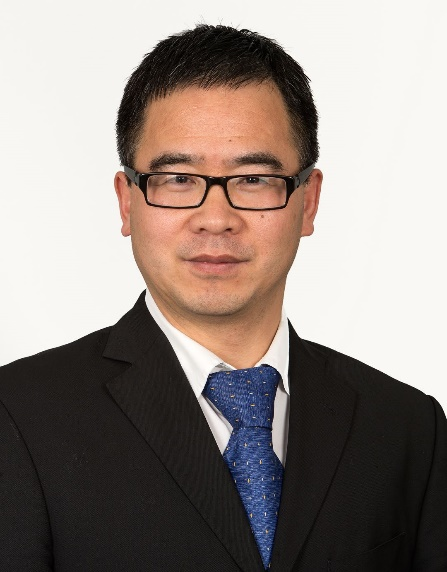应e世博
工程力学系教授李群、助理教授侯俊玲邀请,英国拉夫堡大学赵利果教授将举办线上课程讲学,课程总时长20小时。

报告人:赵利果 教授 (英国拉夫堡大学)
课程时间:2021年10月18日-2021年10月27日
晚上7:00-9:00(每天)
课程方式:腾讯会议 449 954 2087
课程题目:Structural Integrity – Fatigue & Fracture
报告人简介:
Liguo Zhao is a Professor in Solid Mechanics (Loughborough University of the UK), with established research in micromechanics-based modelling of deformation, fatigue and failure of advanced materials. He holds a BEng and a PhD in Solid Mechanics, awarded by Xi’an Jiaotong University of China. He has undertaken extensive research on nickel superalloys (for gas turbine baldes and discs), including fracture mechanics, visco-plasticity and crystal-plasticity constitutive modelling, prediction and simulation of crack propagation and fatigue-oxidation damage. Recently, he has extended his research into stent biomechanics, investigating the biomechanical performance of endovascular scaffolds. His research is supported by the EPSRC (Engineering and Physical Science Research Council), the Royal Society, the British Heart Foundation and the Royal Academy of Engineering of the UK. He has been leading four multi-institutional EPSRC projects in this area, and received the award of a prestigious Royal Society-Leverhulme Trust Senior Research Fellowship in 2008. Zhao has more than 10-year postdoctoral research experience, and worked at Cambridge University, Imperial College, Nottingham University and Portsmouth University. He has published over 70 journal papers in Solid and Computational mechanics.
课程内容简介:
The course encompasses significant amounts of safety assessment and integrity design for engineering structures and components within a science and engineering context. The course aims at providing expertise in analysing and designing engineering structures from the safety point of view, based on structural mechanics, plasticity, fatigue and creep. It directly covers problem solving, numeracy, analysis and decision making, technical and written communications.
Lectures are given to cover the principles of structural integrity and the essential methods and techniques. Tutorials are given to develop problem-solving skills in the application of the principles and techniques learned from lectures.